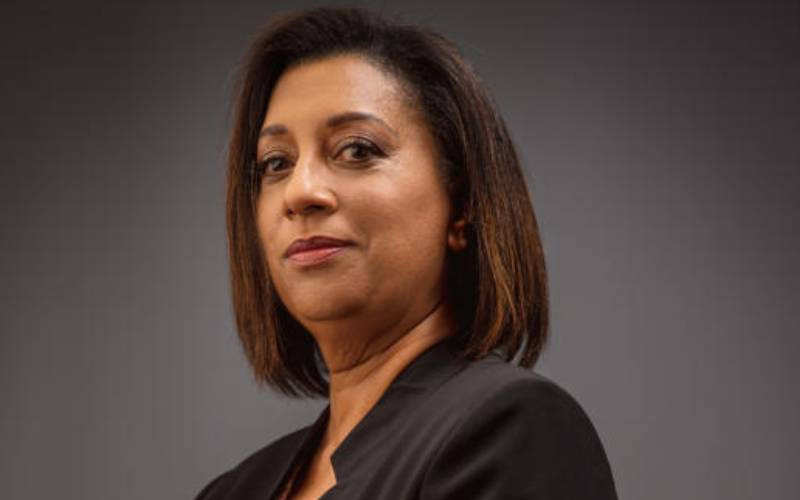×
The Standard e-Paper
Kenya’s Boldest Voice

From installing Kenya's first ATMs, to now running a 1 billion dollar African electronics payments giant, Romana Rajput has been on the front seat of the country's fintech transformation.
Ms Rajput is the country general manager of Interswitch, the Nigerian-headquartered firm that entered the country in 2014 after acquiring a majority stake in Paynet Group, the parent company of PesaPoint.







